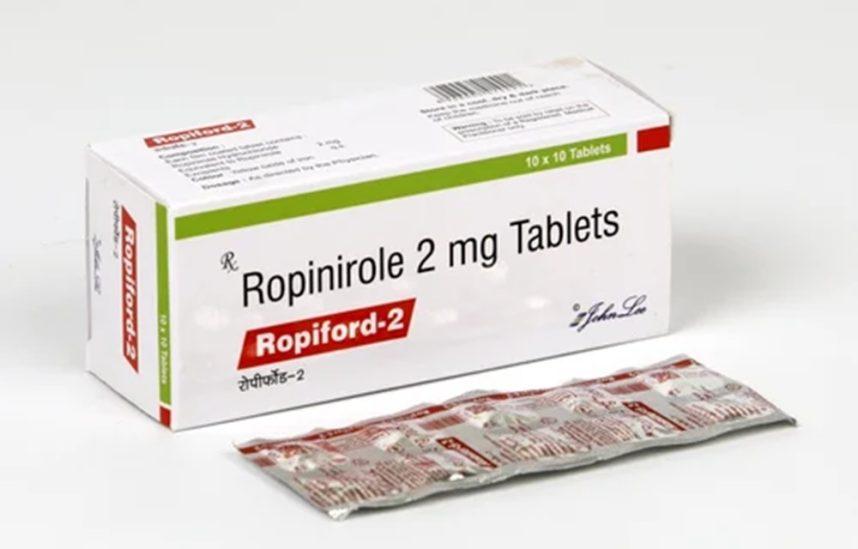Published on: December 12, 2024, 07:22h.
Last updated on: December 12, 2024, 07:22h.
A UK man suffering from multiple sclerosis (M.S.) received a £70,000 (US$89,000) settlement from the National Health Service (NHS) after a drug prescribed by his doctor led to the development of an uncontrollable gambling habit, as reported by The Independent.

Philip Stevens, residing in Hampshire, England, spent significant amounts of money on gambling platforms after being prescribed Ropinirole, a drug commonly used for Parkinson’s disease and restless legs syndrome, a potential symptom of MS.
The 66-year-old alleged in a legal claim that he developed an impulse control disorder (ICD) after starting the medication in 2017. This behavior also led Stevens to engage in compulsive shopping, purchasing expensive clothing items, according to the lawsuit.
All-Consuming Obsessions
ICD is listed as a potential side effect of taking Ropinirole, a drug frequently prescribed in the U.S.
In the UK, NHS guidance advises patients to contact a specialist nurse if they experience uncontrollable binge eating, gambling, or shopping, or have increased sexual drive after taking the medication. However, Stevens claims he was not forewarned about these possible side effects.
Stevens mentioned that Ropinirole turned his harmless hobbies into consuming obsessions. He formerly enjoyed horse racing and engaged in moderate gambling. He occasionally placed bets on horses that he believed had a chance of winning. However, after taking Ropinirole, his gambling habits quickly spiraled out of control.
Stevens would wake up in the middle of the night to place bets on anything he could and eventually stopped caring about winning anything at all.
Similarly, while he previously relished occasional fishing trips, he suddenly felt compelled to go on lengthy three-day fishing excursions every week.
“The things that I once enjoyed that became obsessions, such as fishing and horse racing, are now joyless because, with each one, a sense of guilt overcomes me. I am not the same person as I was, pre-Ropinirole,” he informed The Independent.
Withdrawal Effects
In October 2021, a neurologist inquired if Stevens experienced any side effects like compulsive behavior, to which he disclosed his gambling habits. He was instructed to discontinue the medication promptly.
However, he received no guidance about withdrawal symptoms, which included severe fatigue, paranoia, and hallucinations so intense that he could not recognize his spouse or children, as per court documents.
Concern has been raised for a while about how certain medications can impact impulse control in patients. The legal firm representing Stevens previously secured a similar settlement from the NHS in 2013 concerning a patient developing compulsive gambling and shopping due to Ropinirole.
In 2018, Casino.org reported that over 635 lawsuits related to gambling had been filed in the U.S. on behalf of individuals who developed impulsive disorders while using the antidepressant aripiprazole, commonly known as Abilify.


